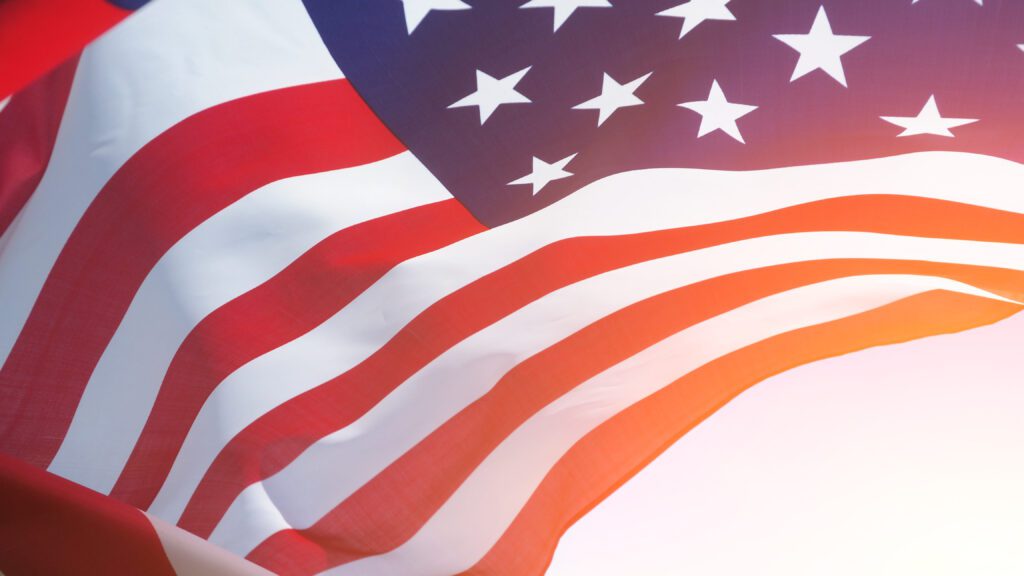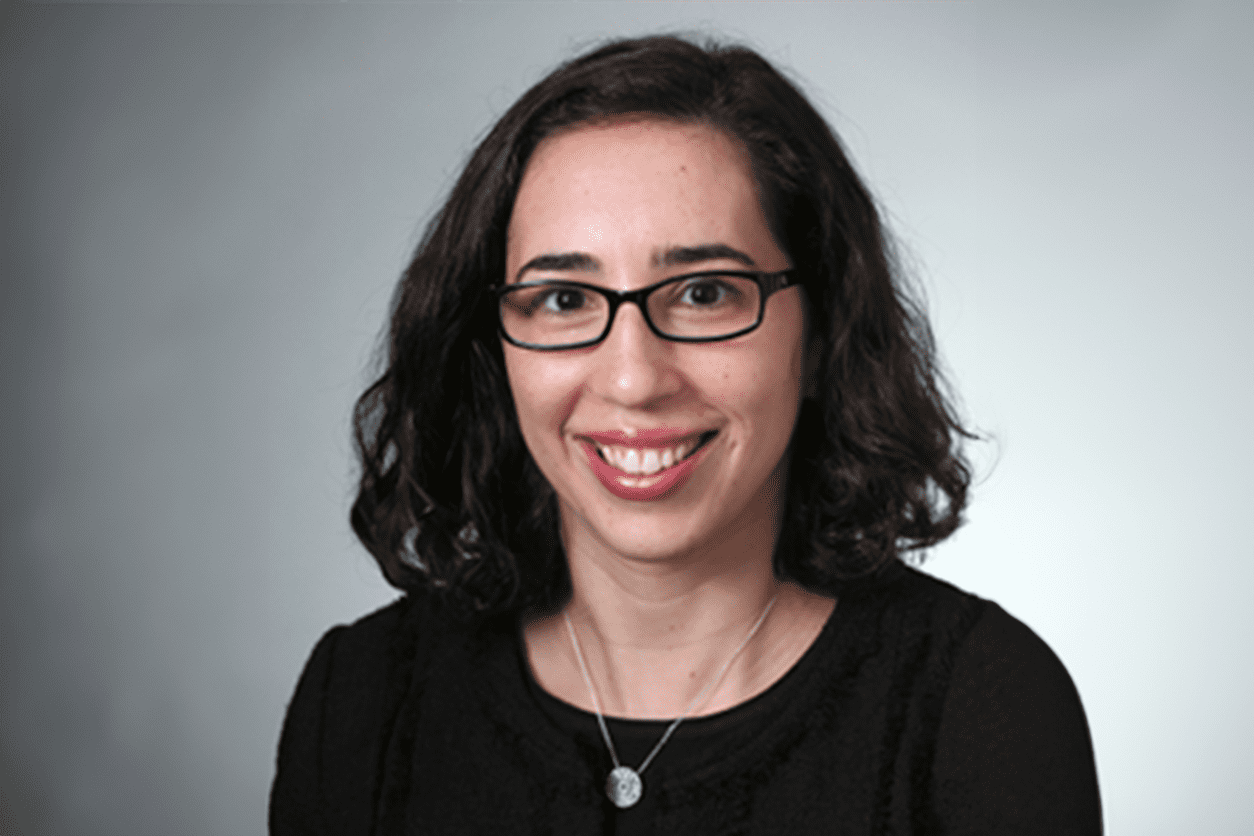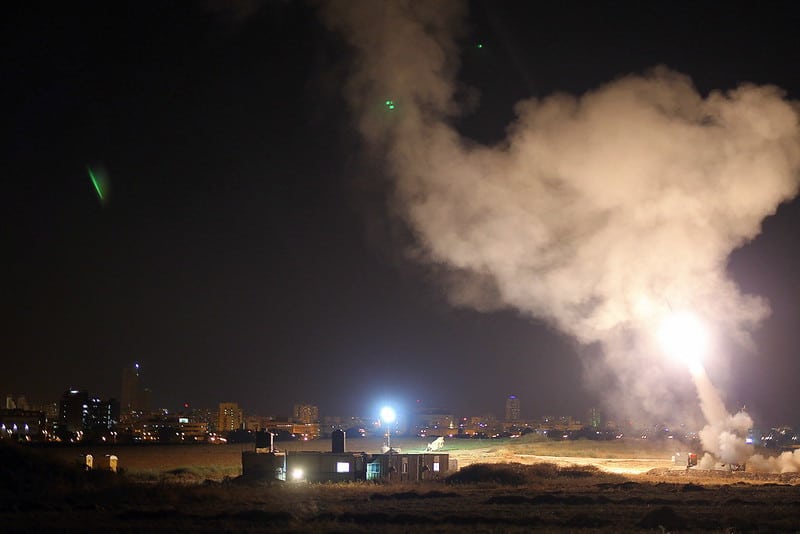
By Rich Tenorio
Over the centuries, the United States of America has symbolized freedom for the country’s Jews in many different ways. For immigrants, especially in the late 19th and early 20th centuries, that freedom represented a dramatic change from antisemitism in Eastern European homelands. Jewish veterans fought for freedom abroad, notably against Hitler in World War II, while waging a separate battle at home against the antisemitic canard that Jews didn’t serve in the military. For Jews of color, the concept of freedom has often been complicated by the ongoing legacy of racism in the U.S., from slavery to segregation.
When Deborah Coltin, executive director of the Salem-based Lappin Foundation, considers the question of what freedom means for American Jews, she replies, “I think it means to believe and practice our Judaism openly and freely, without fear or harm, and the freedom for people of all religions to do the same. Also, to be free to live to one’s full potential.”
She noted how important the liberties in the U.S. were to her grandparents, and how their decision to immigrate to America has made an impact on her.
“My grandparents fled Eastern Europe in search of freedom,” Coltin said. “To come here in search of freedom, for a better life, is totally, totally inspirational, in my body, soul and heart. It influences what I do today … if they hadn’t left, who knows, I wouldn’t be here. Yes, I fully appreciate the ability in this wonderful country of ours to really be free. I just hope we can realize our potential as a nation.”
Today, she said, “I think we have work to do, to live without fear or harm, in light of rising antisemitism. We have work to do, even [for] freedom of people of all religions and genders.” She added that while the U.S. is “such a wonderful country, built on freedom, I think we have … more work to do as a country to fully realize our aspirations to live freely and cherish our freedoms.”
The concept of self-realization is reflected in the Declaration of Independence. Issued in Congress 247 years ago, on July 4, 1776, the revolutionary document recognized that “all men are created equal” and “that they are endowed by their Creator with certain unalienable Rights,” such as “Life, Liberty, and the pursuit of Happiness.”
Rabbi Tiferet Berenbaum of Temple Beth Zion in Brookline encourages people to think about freedom in two ways: freedom “from,” and freedom “to.”
“Freedom from X also means I’m free to Y,” she said. “I think it asks the question about both of those. What are we free from? What are we free to do? How do we hold our civic society accountable in a more meaningful or stronger way, not just celebrate that we’re free from whatever it is we celebrate freedom from, but how to use that freedom?”
After winning independence from England, the U.S. guaranteed freedom of worship in the Bill of Rights. In general, American Jews were granted an unprecedented degree of freedom compared to many other parts of the world in the 18th and 19th centuries. In Germany and Poland, for example, Jews faced curbs on residence, employment and—in Bavaria—even the right of marriage, according to “Dreams of Freedom,” a 2011 book by Brandeis University professor Jonathan Sarna about the National Museum of American Jewish History.
However, Sarna also noted the presence of antisemitism within the U.S., and that the Civil War witnessed Union general Ulysses S. Grant’s infamous General Orders No. 11, which expelled Jews “as a class” from the military district the general headed in the American South. President Abraham Lincoln quickly countermanded the order.
Several decades later, a different threat materialized for American Jews—rumors that they dodged serving in the war. To counter such innuendo, the Jewish War Veterans (JWV) organization was formed—the oldest such veterans group in the U.S. Jews have continued to serve in the country’s wars, including local names such as U.S. Rep. Jake Auchincloss, an Afghanistan War veteran.
“This last Memorial Day, many of the JWV organizations were out there placing flags on the graves of our veterans,” said Larry Taitelbaum, commander of JWV Post 220 on the North Shore. “You see those veterans’ [graves]—World War I, World War II, of course, Korea—you look out at the cemetery … it hits home.”
An Air Force veteran who served in the late 1960s and early ‘70s, Taitelbaum noted that Jewish military participation has been “way beyond the normal percentage of Jews in the U.S. They fought and, of course, gave up their lives for this freedom.”
For much of U.S. history, one major obstacle in its avowed goal of freedom was the existence of chattel slavery. Although many states abolished slavery by the mid-19th century, it continued in the South, and ended only in the Civil War and the 13th Amendment. Even afterward, segregation remained entrenched in the South for about a century until the civil rights reforms of the 1950s and ‘60s. More recently, police killings of Black people and the debate and policies over which information to teach in schools have led to a national reckoning over historical and current inequalities faced by the Black community in America.
Berenbaum has a personal connection to this narrative: Her great-great-grandmother was born into slavery. Her name was Tanzie Hawkins, and she grew up in South Carolina during the early 1860s before leaving for New Jersey, where she gave birth to Berenbaum’s great-grandmother.
In a January 2020 article for the global Jewish advocacy group Be’chol Lashon, Berenbaum noted, “There are not many generations between me and the slavery of my ancestors.” She added, “The story and lessons of Pesach ring in my ears all year long. I hear the voice of our Torah through the mouths of my enslaved ancestors reminding me, ‘Never go back to Mitzraim (Egypt)!’”
In the Be’chol Lashon article, she cited a similar voice of freedom in the Rev. Dr. Martin Luther King Jr. through his “Letter from Birmingham Jail“: “The goal of America is freedom,” he wrote. Referring to the Black community, he added, “Abused and scarred though we may be, our destiny is tied up with the destiny of America. Before the pilgrims landed at Plymouth, we were here.”
Reflecting on the Passover account of liberation, Berenbaum told CJP, “The core of our narrative is, we were slaves to Pharaoh in Mitzraim. That is the foundation of who we are.” She added that there are about 30 times in the Torah when Jews are instructed, “You have to not oppress other people because we know the experience of oppression. We’re supposed to hold onto that experience, learn from it [and] really try to hold on in a deep and true way to the experiences of the marginalized.”
Rich Tenorio covers antisemitism news for JewishBoston.com. His work has appeared in international, national, regional and local media outlets. He is a graduate of Harvard College and the Columbia University Graduate School of Journalism. He is also a cartoonist. Email him at richt@cjp.org.




